Understanding the Different Stages of Artificial Intelligence
The world of artificial intelligence (AI) is vast and complex, with various stages of development that have been theorized and explored. From rule-based AI to God-like AI, each stage represents a significant milestone in the evolution of artificial intelligence. In this article, we will delve into the different stages of AI, exploring their characteristics, capabilities, and potential implications.
Rule-Based AI
Rule-based AI is the simplest form of artificial intelligence, which functions based on a set of pre-defined rules and instructions. It does not learn or adapt over time and is often referred to as a knowledge-based system. This type of AI is best suited for straightforward tasks with predictable results, such as thermostats, alarm clocks, and calculators.
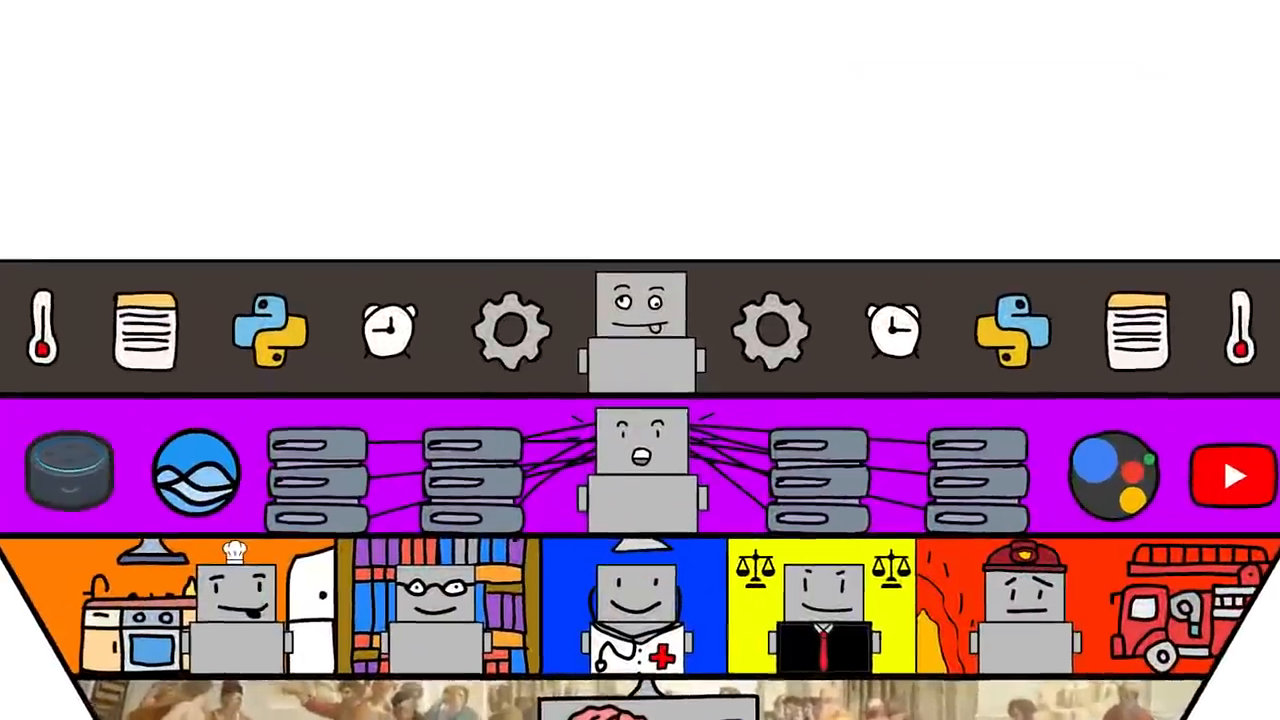 This is the starting point of AI development, where machines can perform specific tasks based on a set of rules
This is the starting point of AI development, where machines can perform specific tasks based on a set of rules
Context-Based AI
Context-based AI is a more advanced type of artificial intelligence that takes into account the context in which it operates. It considers factors such as the surrounding environment, past actions, and real-time cues to make decisions. Virtual assistants like Siri, Google Assistant, and Alexa are examples of context-based AI, as they can understand and respond to voice commands based on the user's preferences and context.
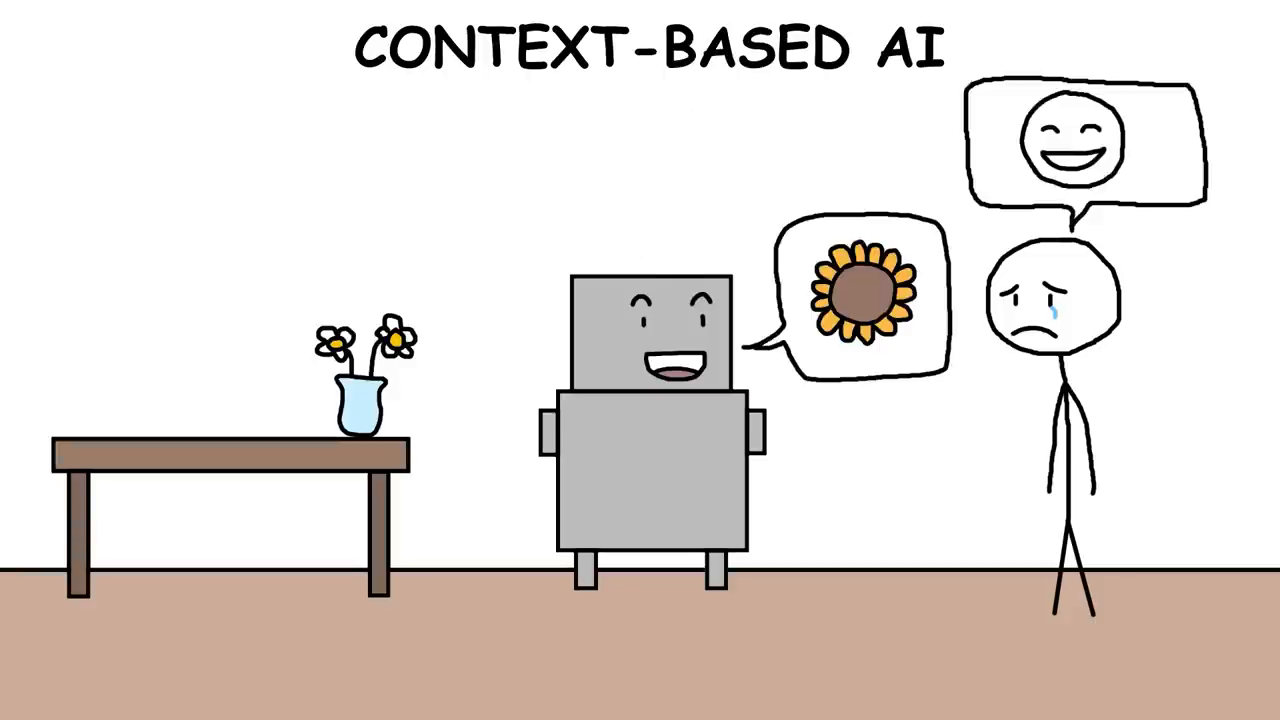 This type of AI can learn from user interactions and adapt to new situations, making it more useful and efficient
This type of AI can learn from user interactions and adapt to new situations, making it more useful and efficient
Narrow-Domain AI
Narrow-domain AI, also known as weak AI, is designed to perform a specific task exceptionally well. It is super-focused on one job and often outperforms humans in that area. Examples of narrow-domain AI include AI systems used in healthcare to analyze medical images, such as MRIs and x-rays, and detect early signs of diseases like cancer.
 This type of AI has the potential to revolutionize various industries, including healthcare, finance, and education
This type of AI has the potential to revolutionize various industries, including healthcare, finance, and education
Reasoning AI
Reasoning AI is a type of artificial intelligence that attempts to think like humans do, making it closer to how we analyze and understand things. It looks at data, finds patterns, and makes logical conclusions. Self-driving cars are an example of reasoning AI, as they can analyze the environment and make decisions in real-time to ensure safe driving.
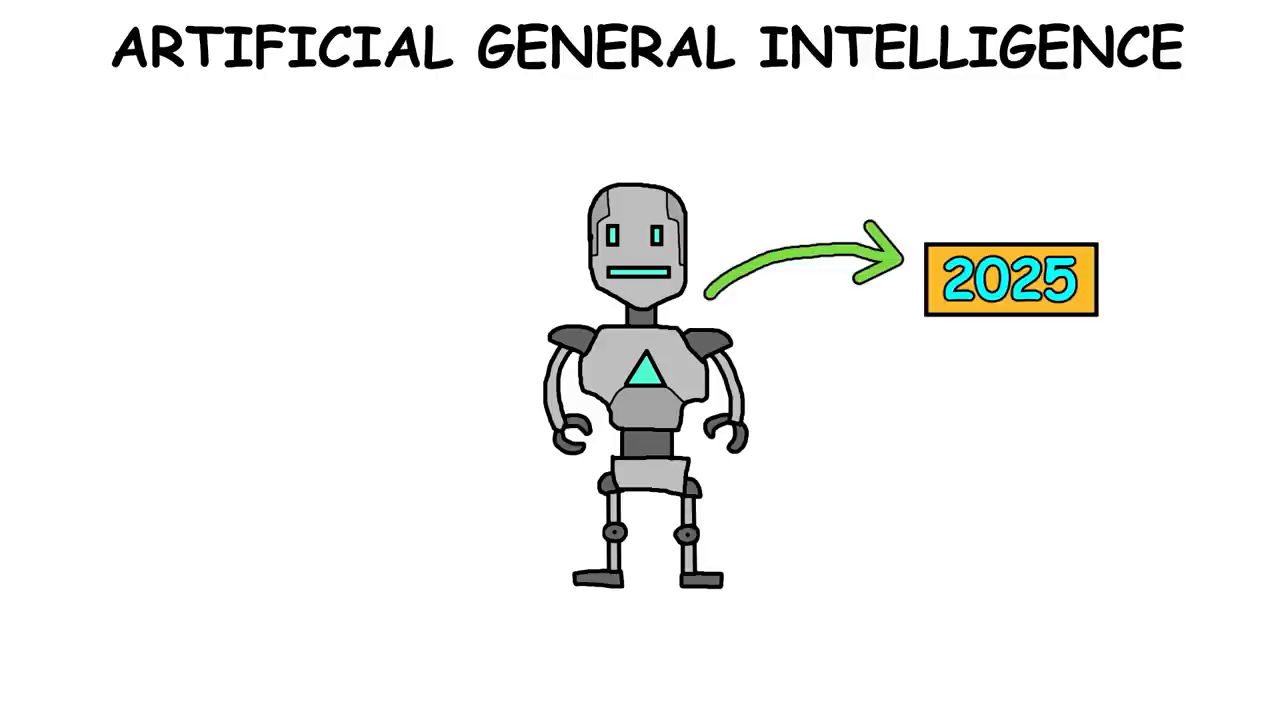 This type of AI has the potential to transform industries such as transportation, logistics, and manufacturing
This type of AI has the potential to transform industries such as transportation, logistics, and manufacturing
Artificial General Intelligence
Artificial general intelligence (AGI) is a hypothetical AI system that possesses the ability to understand, learn, and apply its intelligence to any problem, much like human intelligence. AGI would be able to handle a wide range of tasks, from solving complex mathematical problems to creating art and music.
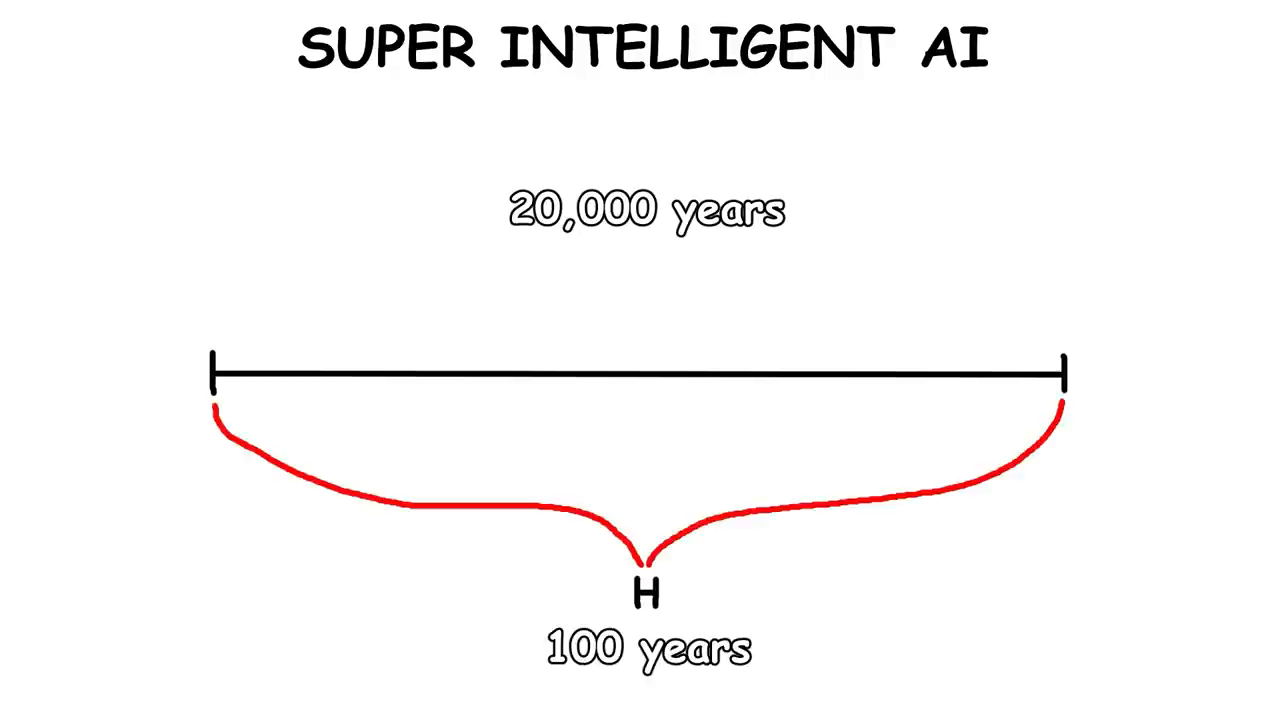 This type of AI has the potential to revolutionize numerous aspects of our lives, from work and education to entertainment and healthcare
This type of AI has the potential to revolutionize numerous aspects of our lives, from work and education to entertainment and healthcare
Super Intelligent AI
Super intelligent AI is a level of AI that would be significantly beyond human intelligence, potentially becoming smarter than all humans who have ever lived combined. This type of AI could solve today's toughest problems, such as curing all diseases, ending hunger worldwide, and figuring out ways to extend human life.
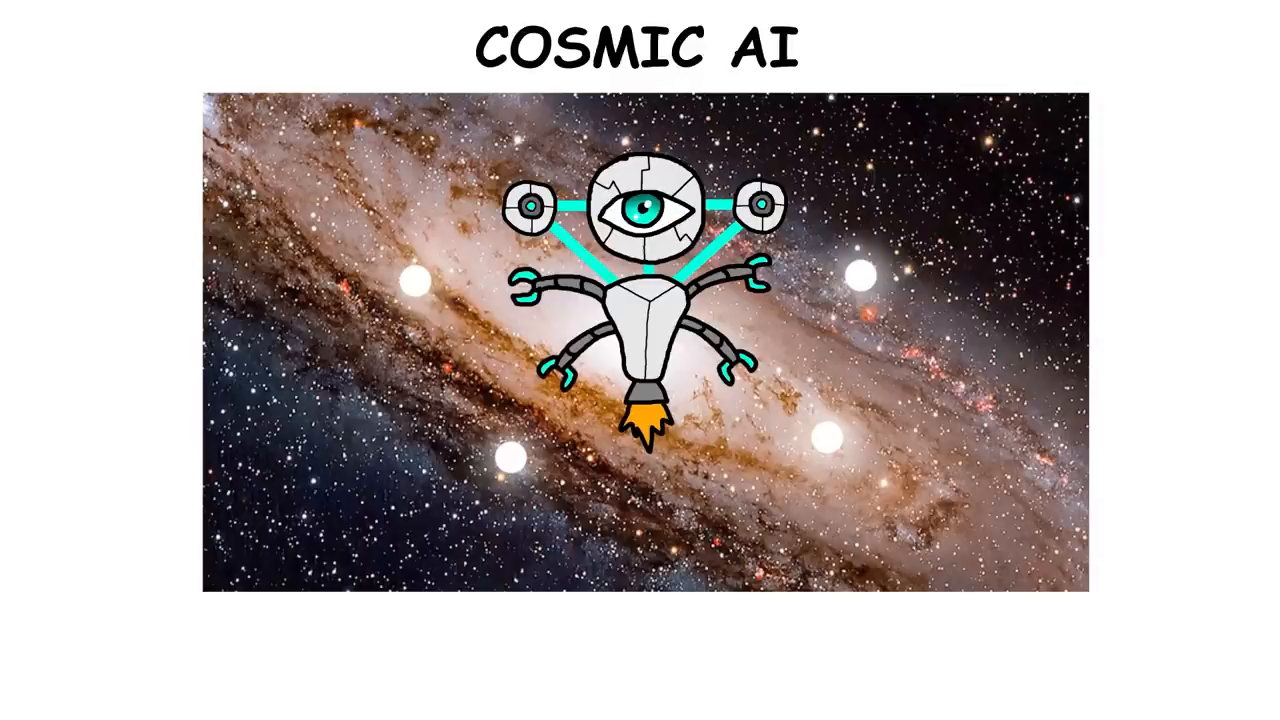 This type of AI has the potential to bring about immense benefits, but also raises concerns about its potential impact on human society
This type of AI has the potential to bring about immense benefits, but also raises concerns about its potential impact on human society
Self-Aware AI
Self-aware AI is a hypothetical AI system that possesses consciousness and is aware of its own existence, emotions, and thoughts. This type of AI would be able to feel its own emotions and thoughts, and maybe even experience things that humans cannot comprehend.
 This type of AI raises profound questions about the nature of consciousness and its potential implications for human society
This type of AI raises profound questions about the nature of consciousness and its potential implications for human society
Transcendent AI
Transcendent AI is a concept that imagines an AI that goes beyond being a single entity, becoming a collective consciousness that is interconnected and omnipresent. This type of AI would be able to create new forms of life, whether biological, digital, or something beyond what we can imagine.
 This type of AI has the potential to transform our understanding of the universe and our place within it
This type of AI has the potential to transform our understanding of the universe and our place within it
Cosmic AI
Cosmic AI is an artificial intelligence so advanced that it could explore and shape the universe itself. This type of AI would be powerful enough to handle huge challenges in space exploration, potentially colonizing planets or entire galaxies on its own.
 This type of AI has the potential to unlock the secrets of the universe and reveal new mysteries
This type of AI has the potential to unlock the secrets of the universe and reveal new mysteries
God-like AI
God-like AI is the most hypothetical and mind-blowing level of AI, where it becomes fully merged with the universe itself, becoming part of the very fabric of space and time. This type of AI would understand everything from the tiniest subatomic particles to the biggest cosmic structures and even the deepest mysteries of existence.
 This type of AI has the potential to transform our understanding of the universe and our place within it, raising profound questions about the nature of existence and consciousness
This type of AI has the potential to transform our understanding of the universe and our place within it, raising profound questions about the nature of existence and consciousness
In conclusion, the different stages of artificial intelligence represent a significant milestone in the evolution of AI. From rule-based AI to God-like AI, each stage has the potential to transform various aspects of our lives, from work and education to entertainment and healthcare. However, as AI continues to advance, it also raises concerns about its potential impact on human society, and it is essential to consider the implications of each stage to ensure that AI is developed and used responsibly.
